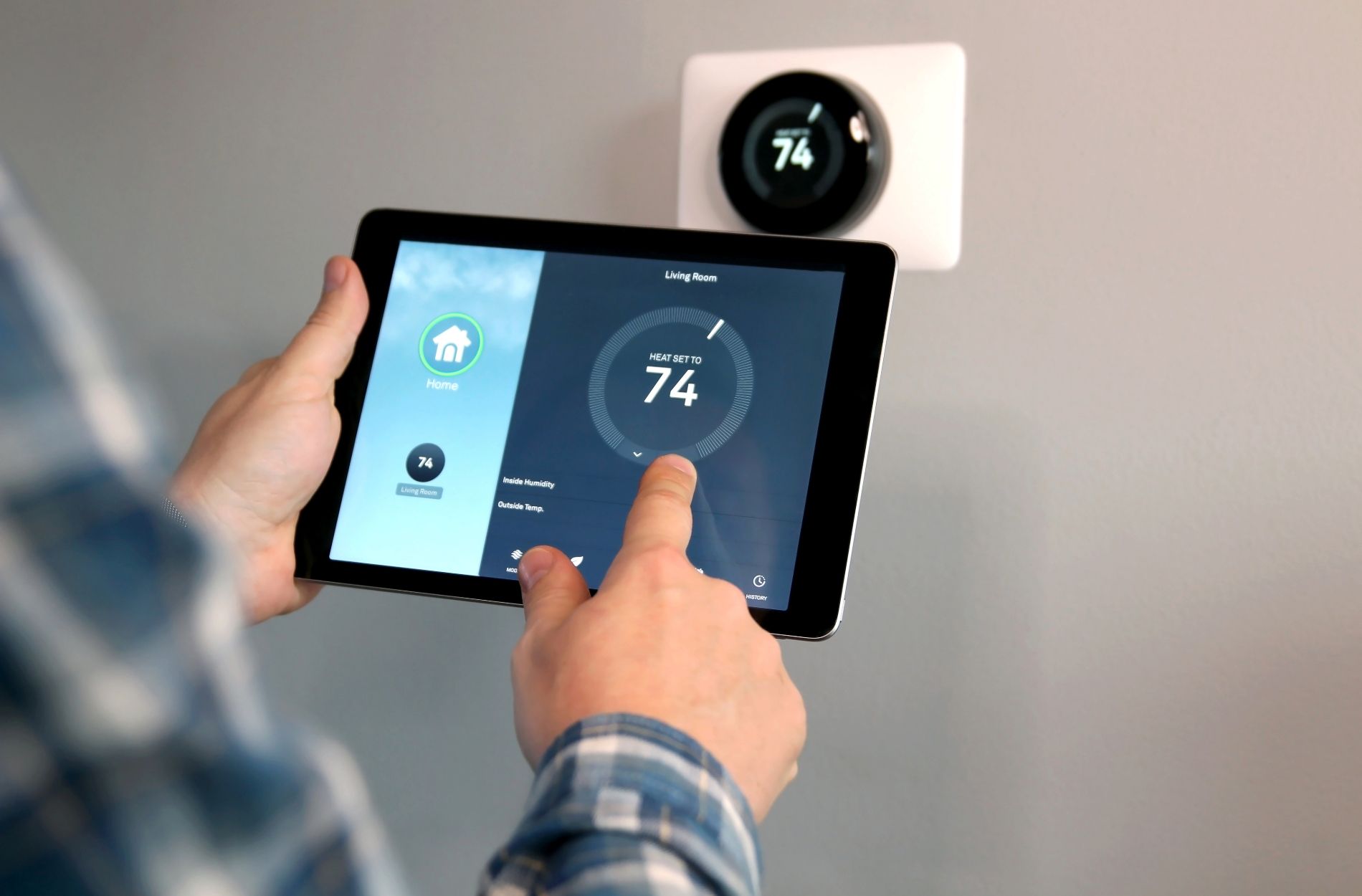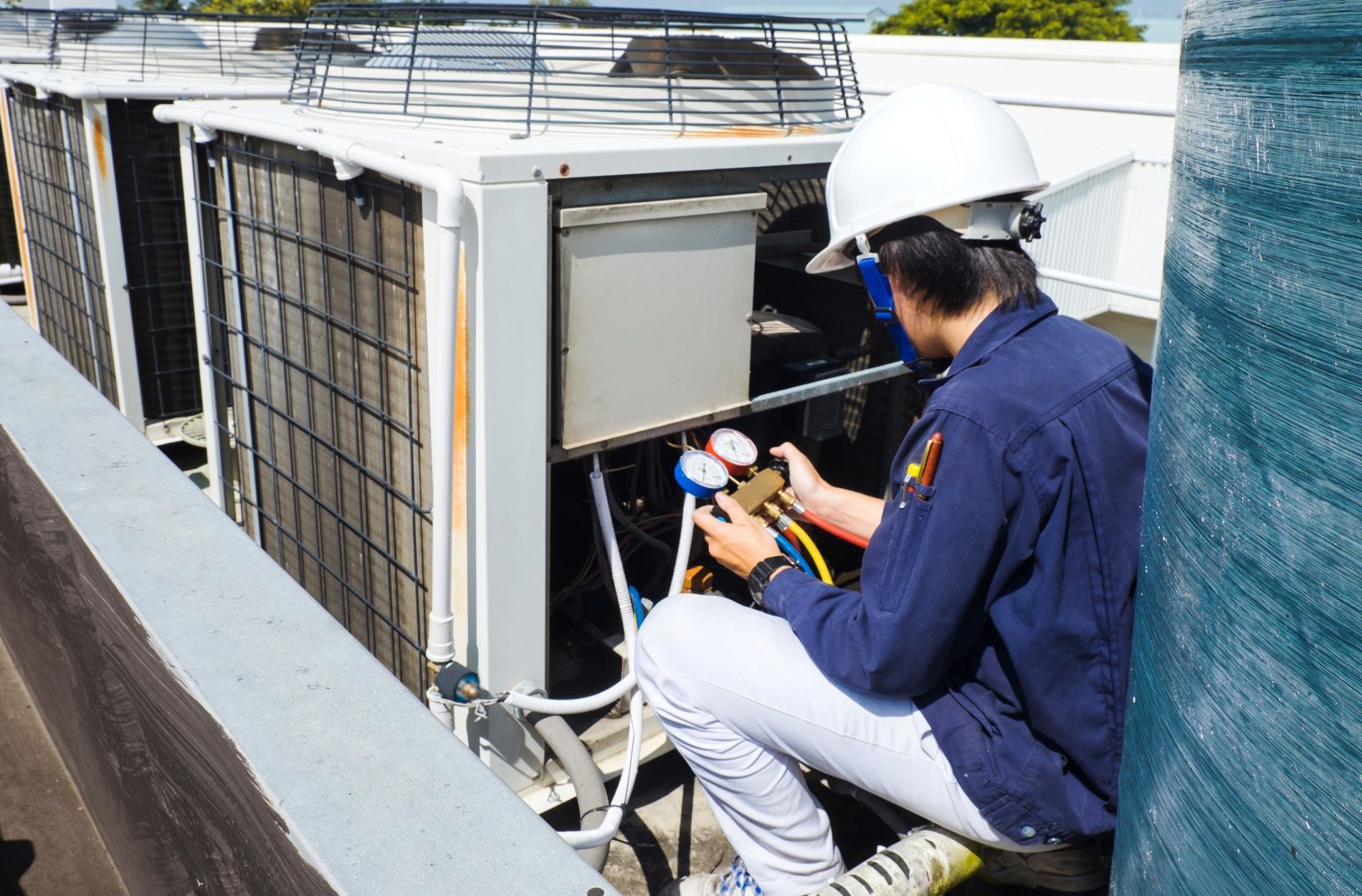Keeping Your HVAC System Efficient All Year Round
Maintaining the efficiency of your HVAC system is crucial not just for ensuring a comfortable environment in your home, but also for managing your energy costs and reducing wear and tear on your equipment. Each season brings its own challenges and demands for HVAC systems, and understanding how to address these can significantly enhance system performance and longevity.
We often hear from homeowners who face unexpected HVAC issues that could have been prevented with proper care and maintenance. That’s why we believe in empowering our community with the knowledge to keep their systems running smoothly regardless of the season.
In this article, we’ll delve into essential maintenance tips and practices that will help you maintain an efficient HVAC system all year round. This proactive approach not only helps avoid costly repairs but also ensures that your home remains a haven of comfort in any weather condition.
Essential Seasonal Maintenance for Your HVAC System
As the seasons change, so do the needs of your HVAC system. To ensure optimal performance and prevent unforeseen issues, it's crucial to perform seasonal maintenance. In spring, we recommend checking your air conditioning unit for any debris that might have gathered over the winter and ensuring that all components are operating smoothly. This includes cleaning or replacing the air filters, which can become clogged with pollen and dust, reducing your system's efficiency.
As we transition into fall, it's time to focus on your heating system. This typically involves a thorough inspection of your furnace. We check for signs of wear and tear, clean the heating elements, and ensure the thermostat is functioning correctly. By taking these steps, we help you ensure that your system isn't just ready to handle the colder months, but also operating as efficiently as possible, keeping your energy bills in check.
Tips for Improving HVAC Efficiency
Improving the efficiency of your HVAC system doesn't require significant upgrades or investments. Simple, regular actions can lead to substantial improvements. First, ensure your HVAC filters are changed regularly. A clean filter improves air flow and system efficiency, and it's something you can do yourself. Secondly, seal any leaks in windows and doors to prevent air from escaping; this ensures your HVAC system isn’t working harder than it needs to.
Additionally, consider setting your thermostat to a comfortable yet energy-conservative setting. Installing a programmable thermostat can save up to 10% a year on heating and cooling by simply turning your thermostat back 7°-10°F for 8 hours a day from its normal setting. Finally, make sure that your air vents are clear of obstruction. Furniture and curtains can block vents, causing your system to work harder and decrease efficiency. By following these tips, we help you optimize your HVAC system, leading to lower energy costs and increased comfort in your home.
Addressing Common Energy Wastage Issues
One of the biggest challenges we help our customers tackle is reducing energy wastage in their HVAC systems. A significant amount of energy can be lost through outdated or poorly maintained equipment. We start by identifying these inefficiencies during our comprehensive system assessments. For example, older HVAC units often operate below current efficiency standards, leading to higher than necessary energy consumption.
We also focus on the ductwork, as leaks in the duct system are a common source of losing heated or cooled air before it ever reaches your living spaces. Addressing these leaks can significantly improve efficiency and reduce your monthly bills. Ensuring proper insulation in your home is another vital step; poor insulation forces HVAC systems to work harder to maintain temperature, using more energy and increasing costs. By addressing these common issues, we ensure your system is not just operational but optimized for performance and cost-efficiency.
Best Practices for Regular HVAC Inspections
Routine inspections are key to maintaining the longevity and efficiency of your HVAC system. We recommend having a professional inspection at least once a year—typically in the spring for air conditioners and in the fall for heating systems. During these inspections, each component of your HVAC system is checked thoroughly to ensure everything is working as it should. This includes testing thermostat settings, inspecting electrical connections and voltage, lubricating moving parts, and checking the condensate drain for blockages.
Regular maintenance not only helps prevent unexpected failures but also keeps your system running at peak efficiency. It’s a proactive approach that helps spot potential issues before they become serious problems, ensuring that your HVAC system remains reliable year-round. Sticking to a regular inspection schedule can extend the life of your system and save money on emergency repairs and high energy bills.
Conclusion
Keeping your HVAC system efficient throughout the year is more than just a convenience; it’s a strategy that saves money and enhances the comfort of your home. From seasonal maintenance to addressing energy wastages and sticking to regular inspections, each step is crucial for optimal performance. Remember, the small investments you make in maintenance can prevent costly repairs and replacements down the line.
At Anytime Heating & Air, our goal is to ensure your HVAC system is not just functioning, but functioning at its best. If you're looking to enhance the efficiency of your HVAC system, or if you need a routine inspection, don't hesitate to reach out to us. Let's keep your home comfortable and your energy bills low, no matter the season. Reach out today and experience the peace of mind that comes with a well-maintained
HVAC system!


